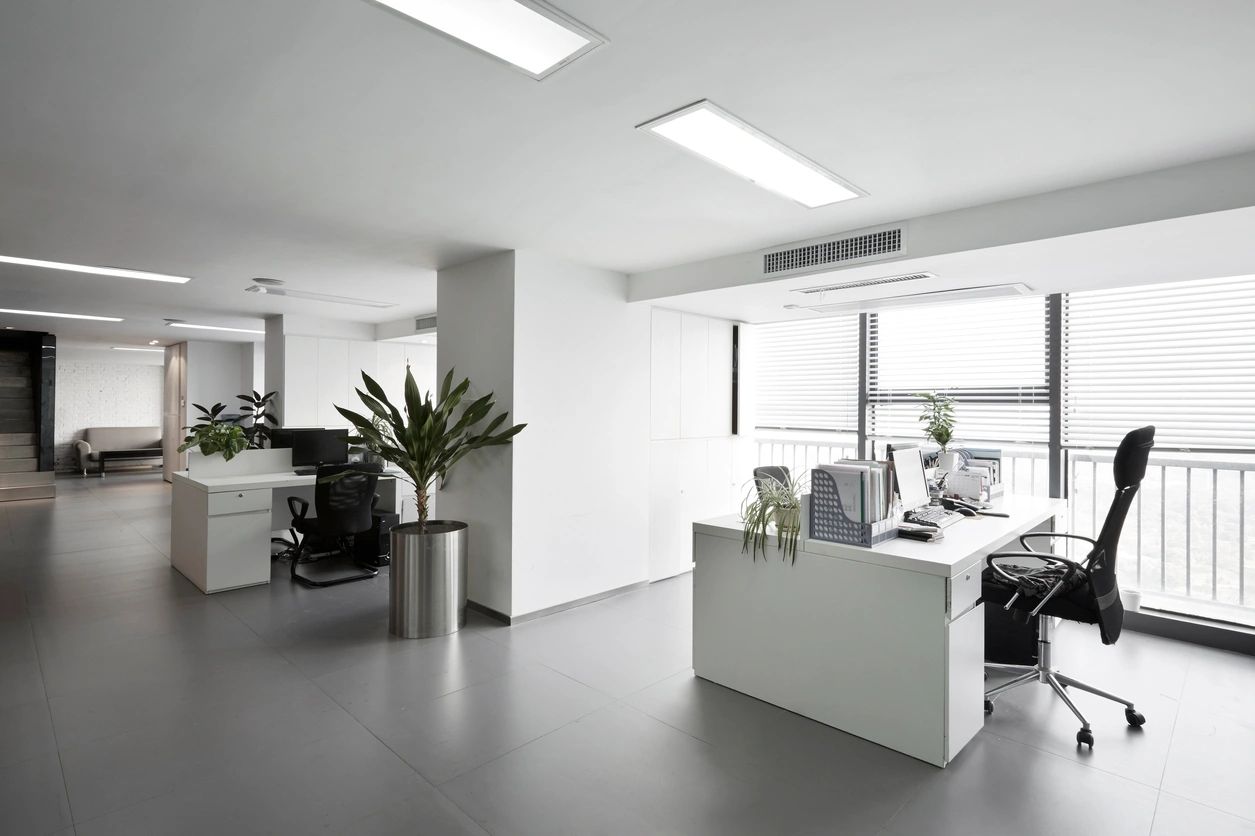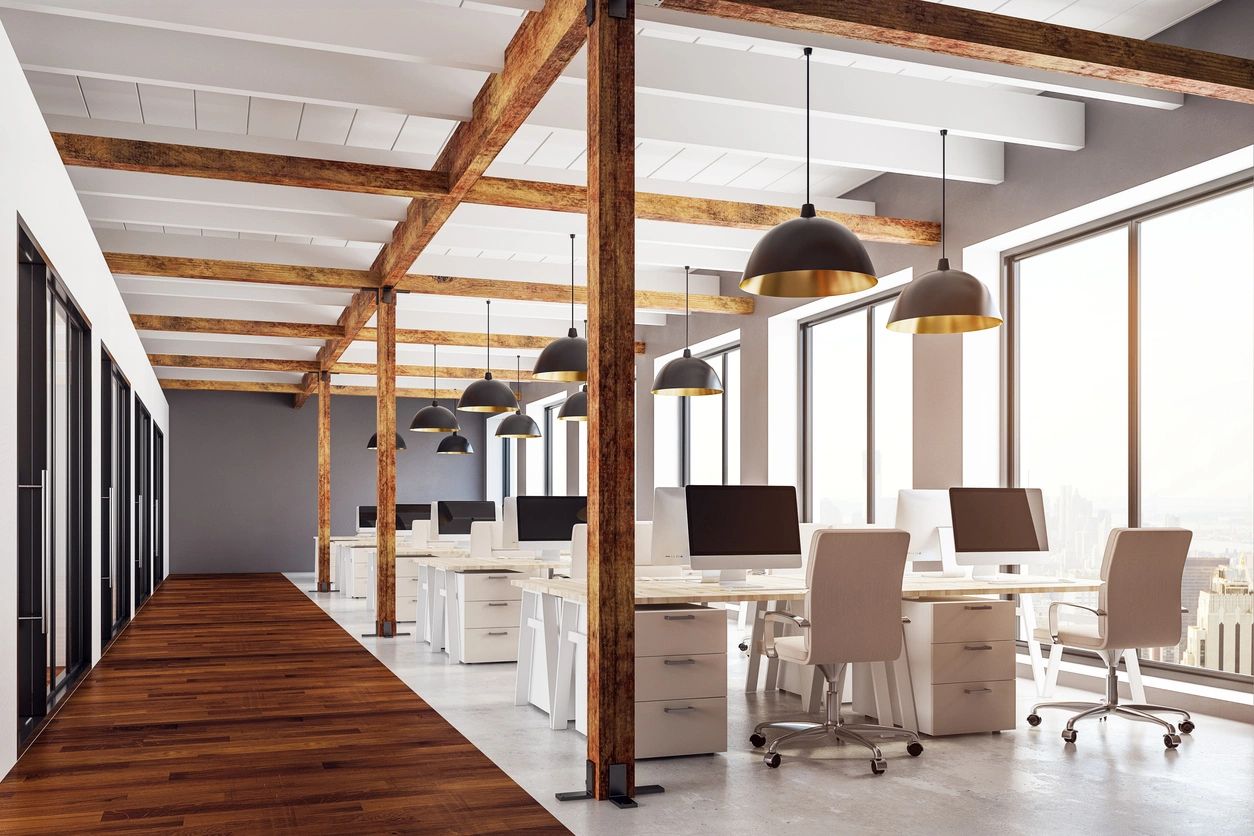In recent years, the concept of the traditional office space has undergone a dramatic transformation. The COVID-19 pandemic accelerated changes that were already in motion, forcing businesses to adapt quickly to remote work. As we move forward, it’s essential to look ahead and explore the future of office spaces. What trends can we expect to shape the workplaces of tomorrow? In this article, we will delve into some key trends that are likely to redefine how we work and where we work.
- Hybrid Work Models: The pandemic has ushered in a new era of flexibility in work arrangements. Hybrid work models, which blend in-office and remote work, have gained popularity. This trend is likely to continue as companies recognize the benefits of providing employees with a choice. A hybrid approach can improve work-life balance, increase productivity, and help attract and retain top talent.
- Office Reimagined: The traditional cubicle-filled office is evolving into a more flexible, adaptable space. Companies are redesigning offices to be collaborative hubs rather than merely places to work. Open-plan layouts, shared workstations, and dedicated collaboration spaces are becoming the norm. These layouts promote communication, teamwork, and creativity among employees.
- Technology Integration: The future office will be deeply intertwined with technology. Artificial intelligence (AI), Internet of Things (IoT), and automation will play crucial roles. AI can optimize office space usage, schedule meetings, and personalize work environments. IoT devices will create smart offices that adjust lighting, temperature, and air quality based on employee preferences, enhancing comfort and productivity.
- Wellness and Sustainability: Employee well-being is gaining prominence as a priority. Offices will increasingly focus on creating healthy work environments by incorporating elements like natural lighting, ergonomic furniture, and spaces for relaxation or meditation. Sustainability is another key aspect, with offices striving to reduce their environmental footprint through energy-efficient designs, renewable energy sources, and eco-friendly materials.
- Remote Work Technology: Even in a hybrid work model, remote work will continue to be a significant part of the future. Companies will invest in advanced remote work technologies, ensuring that virtual meetings, collaboration tools, and cybersecurity measures are robust and seamless. This will enable employees to work efficiently from anywhere in the world.
- Diversity and Inclusion: The future of office spaces will prioritize diversity and inclusion. Companies are recognizing the value of diverse teams and will design their workplaces to be more inclusive. This includes accessible facilities, gender-neutral spaces, and policies that support underrepresented groups.
- Flexibility and Scalability: Businesses are realizing the importance of adaptability in uncertain times. Office spaces will be designed with flexibility in mind, allowing companies to scale up or down as needed. Flexible lease agreements and coworking spaces will become essential options for companies looking to maintain agility.
- Data-Driven Decision-Making: Data analytics will continue to shape office design and operations. Companies will use data to analyze workspace utilization, employee productivity, and preferences. This information will help in making informed decisions about office layouts, resource allocation, and employee satisfaction.
- Resilience and Business Continuity: Recent global events have highlighted the need for resilience and business continuity planning. Future office spaces will prioritize disaster preparedness and remote work capabilities to ensure that operations can continue seamlessly during disruptions.
- Employee Empowerment: Lastly, the future office will empower employees to have more control over their work environment. This could involve customizable workstations, the ability to book meeting spaces easily, and the flexibility to choose when and where they work.
The future of office spaces is exciting and dynamic. It’s a future that emphasizes flexibility, technology, well-being, sustainability, and inclusivity. Companies that adapt to these emerging trends will not only attract top talent but also create productive and inspiring work environments. As the workplace continues to evolve, staying ahead of these trends will be crucial for business success in the years to come.



